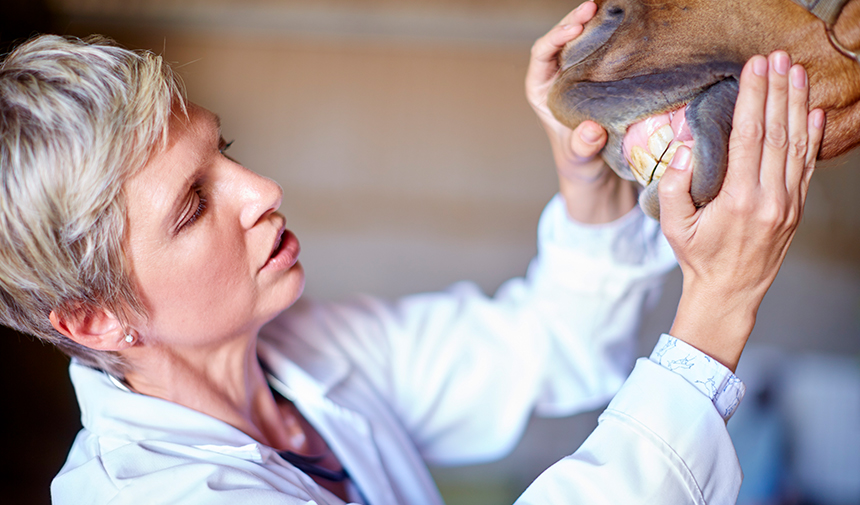Veterinary endocrinologists are veterinarians who study and treat the hormonal health of animals. These specialists diagnose disorders in animals’ endocrine systems, treat hormonal imbalances and try to improve their overall health. For those who want to become a veterinary endocrinologist, a long and intensive training process is required. Here is more information about who veterinary endocrinologists are, how to become one and their duties:
Veterinary endocrinologists are veterinarians who study and treat the hormonal health of animals. These specialists evaluate the function of the glands in the endocrine system (thyroid, pancreas, adrenal glands, etc.), diagnose hormone imbalances and apply appropriate treatment methods. They also undertake the treatment of endocrinologic diseases such as diabetes, Cushing’s syndrome and Addison’s disease.
To become a veterinary endocrinologist, it is necessary to have a bachelor’s degree in veterinary medicine and then specialize in endocrinology. Usually, after graduating from veterinary school, there is a period of internship followed by advanced training to focus on endocrinology. This training process is intensive and lengthy, covering both theoretical and practical knowledge.
Veterinary endocrinologists undertake many different tasks. These include
Diagnosis and Treatment of Endocrinologic Diseases: Veterinary endocrinologists diagnose hormonal imbalances in animals and determine appropriate treatment methods. This can involve a variety of methods, such as performing hormonal tests, using imaging techniques and medication.
Hormonal Health Monitoring: Endocrinologists regularly monitor the hormonal health of animals. This includes regular blood tests, assessing hormonal profiles and monitoring symptoms.
Research and Education: Veterinary endocrinologists keep abreast of new developments in the field of endocrinology and transfer this knowledge to colleagues and the public. They also conduct research on endocrinology and improve knowledge and practice in this field.
Communication with Patient Owners: Veterinary endocrinologists communicate directly with patient owners and provide them with information about the hormonal health of their animals. They counsel on treatment options and address owners’ concerns.
Multidisciplinary Collaboration: Endocrinologists collaborate with other veterinary specialists and health professionals. In particular, they work with surgeons, internal medicine specialists and nutritionists to best manage the animals’ health problems.
In conclusion, veterinary endocrinologists are specialists trained to improve the hormonal health of animals and treat endocrinological diseases. They undergo a long and intensive training process and undertake a variety of tasks to help animals lead a healthy life.



